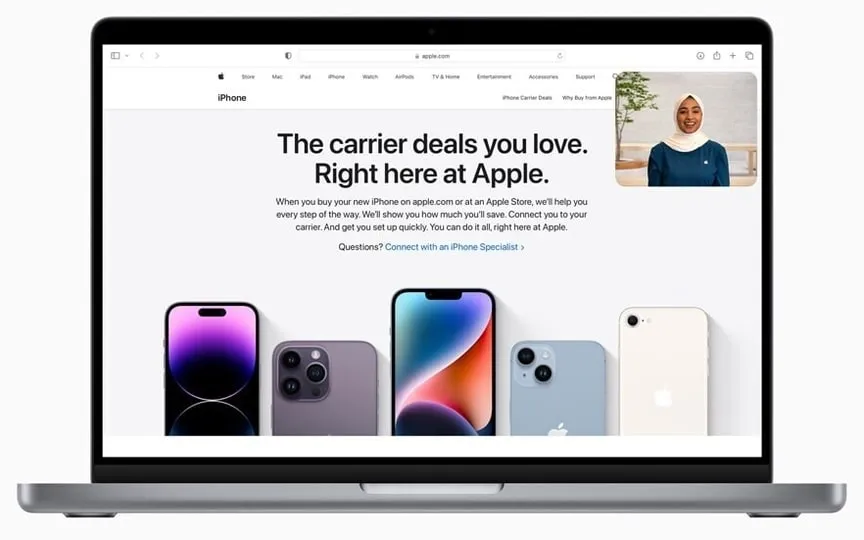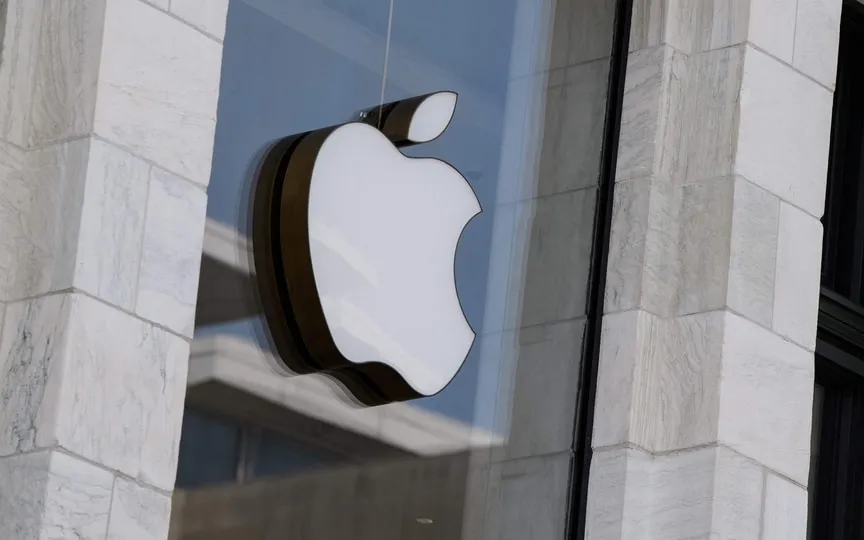Major Security Fix Included in Latest Apple Updates, Not Just Features
Apple has released its latest iOS, iPadOS, macOS, and even tvOS updates to eligible devices this week. The new update brings you a bunch of new features that many have been waiting for weeks.
But an important part of these updates is the security patch that Apple has been talking about for the past few months. You already know about the stolen device protection feature introduced with the iOS 17.3 update, but the version linked to WebKit comes with a major security patch.
These vulnerabilities can be powerful enough to allow attackers to bypass the security of your Apple devices and give them access to confidential information without alerting you. Apple has acknowledged concerns about the issue and has even stated that the issue may have already been exploited, which is a clear concern for millions of Apple users.
So, if you have been avoiding installing the latest iOS/iPadOS/watchOS/macOS or even tvOS update until now, we recommend that you apply it immediately and protect your device from the problem. You can update the operating system of these devices by going to Settings – Software update and installation after confirming your identity with the device’s PIN code.
Earlier this month, a significant GPU issue was pointed out. Basically, the problem is related to the graphics processor, which works on pre-iPhone 15 models and Mac M3 models.
Unfortunately, if you’re using last year’s M2-powered Macs, the security flaw is a clear risk, and Apple needs to quickly determine a way to fix the problem on these devices.
The problem with this flaw is that any data processed by the chip can be viewed if an attacker is able to bypass the loophole and gain access to the device.
Another big talking point is that Apple isn’t the only company that has to worry about the bug, as this problem also affects GPUs from Qualcomm, AMD and other manufacturers. The researchers who discovered the problem call it LeftoverLocals because the flaw allows a hacker to read data left over from a previous read.




